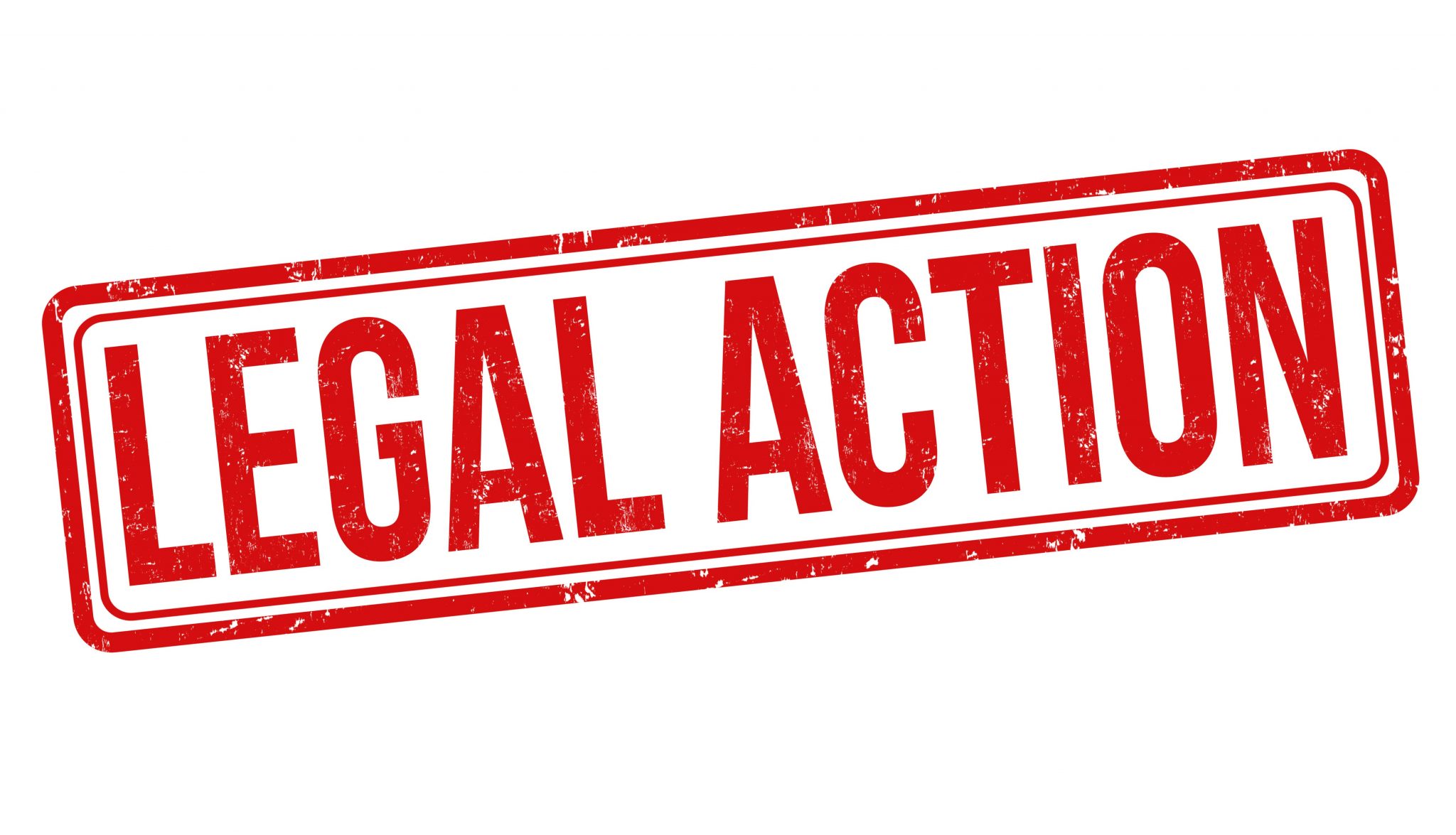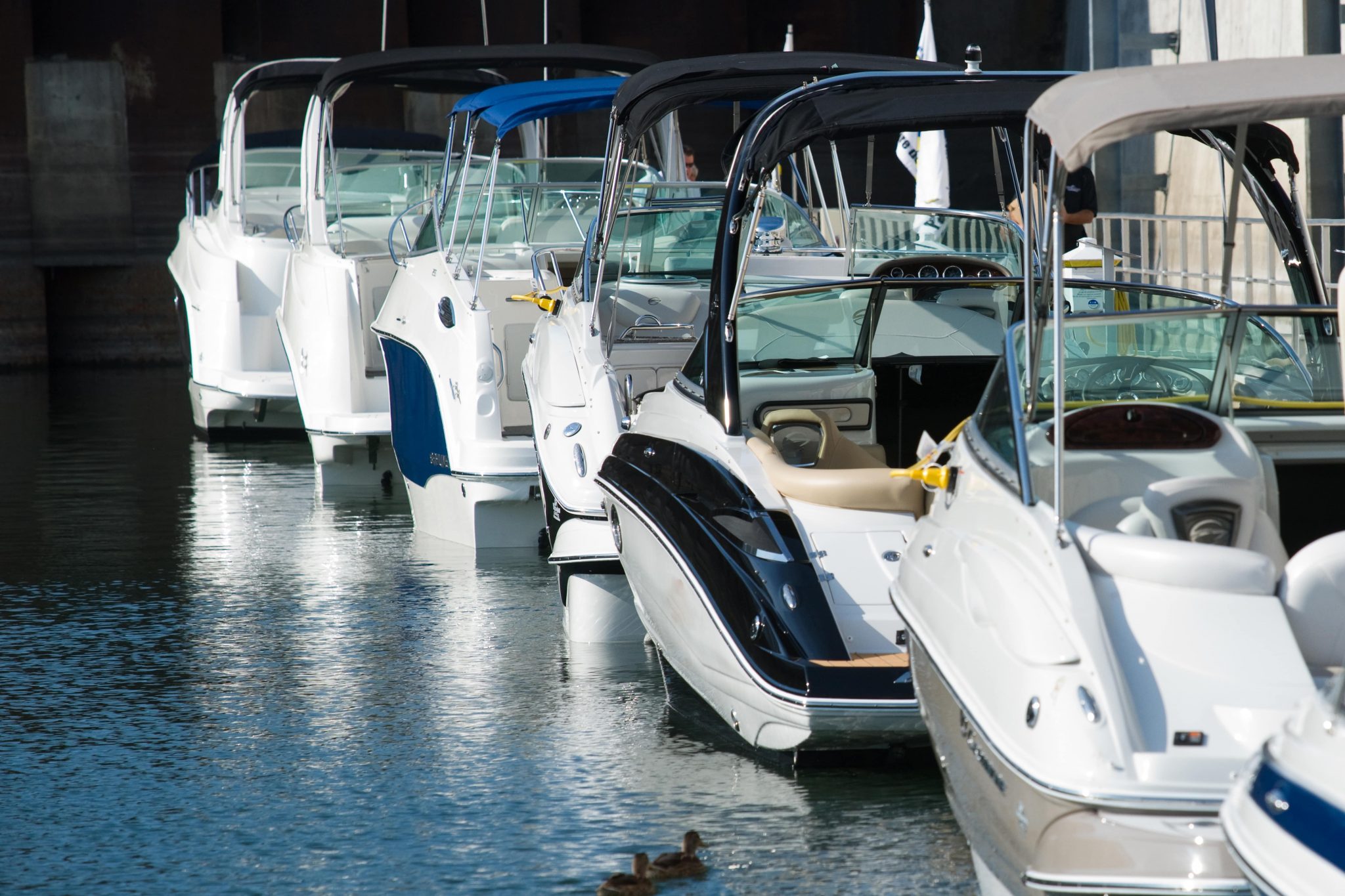- WE’RE HERE TO HELP 24/7
- 800.586.5555
Staying Safe on the Water in Florida

Best Courtroom Scenes in Film History
April 11, 2021
Florida International University Bridge Collapse Leads to Reckless Negligence Lawsuit
April 17, 2021Staying Safe on the Water in Florida

Hundreds of miles of coastline, countless bodies of water and beautiful beach weather have made boating a popular recreational activity in Florida. There are more registered watercraft in Florida than any other state in nation, with 931,450 registered vessels as of 2016.
Considering the number of boats in the waters in and around Florida, it’s not surprising that there are also a high number of boating accidents. For comparison, California had the second highest number of boating accidents in 2015 with 369, but that number pales in comparison to Florida’s 671 during the same time period.
In 2016 there were 714 boating-related incidents that were severe enough for maritime regulatory agencies to categorize them as accidents. Included among those were 56 fatal boating accidents that resulted in 67 deaths. At least 421 injuries were also attributed to 2016 boating accidents in Florida.
The highest percentage of boating-related fatalities resulted from falls overboard. More than half, approximately 60%, of all fatalities were attributed to drowning. July was 2016’s deadliest boating month with 8 deaths. Approximately a quarter of the fatal accidents also involved drugs or alcohol.
If you’re getting out on the water in the summer, keep in mind a lot of other people will be as well, and not everyone is going to be operating their watercraft in a responsible manner.
Also consider participating in boating safety education classes. Approximately 70% of boat operators involved in fatal accidents had no formal boating or boating safety training.
What Can You Do to Stay Safe on the Water and Avoid Infractions in Florida?
- There are some speed limits on the water, but they are most commonly in place to prevent destructive wakes rather than to control your speed. If you are in an Idle Speed – No Wake zone you may only go fast enough to maintain forward progress and steering control. In Slow Down – Minimum Wake zones the boat must remain completely settled in water, in other words not “planning” at all. Even when there are no posted speed limits it’s illegal to operate a boat at such a speed that its wake creates a danger for other water vessels or people in the water.
- Boating under the influence laws are relatively similar to driving under the influence laws in Florida. It’s illegal to operate a watercraft when intoxicated. You will be presumed to be under the influence if your blood-alcohol level is above .08. If you are flagged by law enforcement who suspects you are operating a boat or other watercraft under the influence, you are required by law to submit to a physical or chemical test.
- If your family enjoys personal watercraft, there are a number of state laws to which you must adhere. Personal watercraft operators must be a minimum of 14 years of age, and if there is an engine cutoff lanyard on the watercraft, it must be attached to the operator’s person. Anyone on the watercraft must also wear an approved floatation device. There are an array of activities deemed reckless by the state, such as weaving through congested traffic or jumping wake in such a way that risks an accident of any kind.
- Any individual operating a watercraft, personal or otherwise, with “willful disregard” for the safety of passengers or other people innocently enjoying the water may be cited for reckless operation. If that operator were to injure someone while acting recklessly, they would certainly be in danger of being sued in a personal injury case.
- Keep an eye out for divers-down warning devices, which indicate active divers or snorkelers in the area. These may take the form of flags, buoys or other readily apparent warning devices. If you are diving or snorkeling, it’s required by law to prominently display a divers-down warning device of some kind.
- Boaters who are cited and convicted of at least two non-criminal boating infractions within a year are required to attend a state-approved boater education course.
- There are an array of regulations regarding safety equipment and lighting. Similar to vehicles, all recreational boats require navigation lighting and must use them during poor weather conditions and when it’s dark. All vessels are also required to have approved personal flotation devices (PFDs) for each passenger. Children under the age of six on any boat smaller than 26 feet in length must always wear a PFD when the vessel is underway.
- If you are involved in an accident on the water you are required by law to provide aid before leaving the scene. Any accident resulting in an injury that requires more than minor first aid or property damage exceeding $2,000 must be reported to a local authority.
